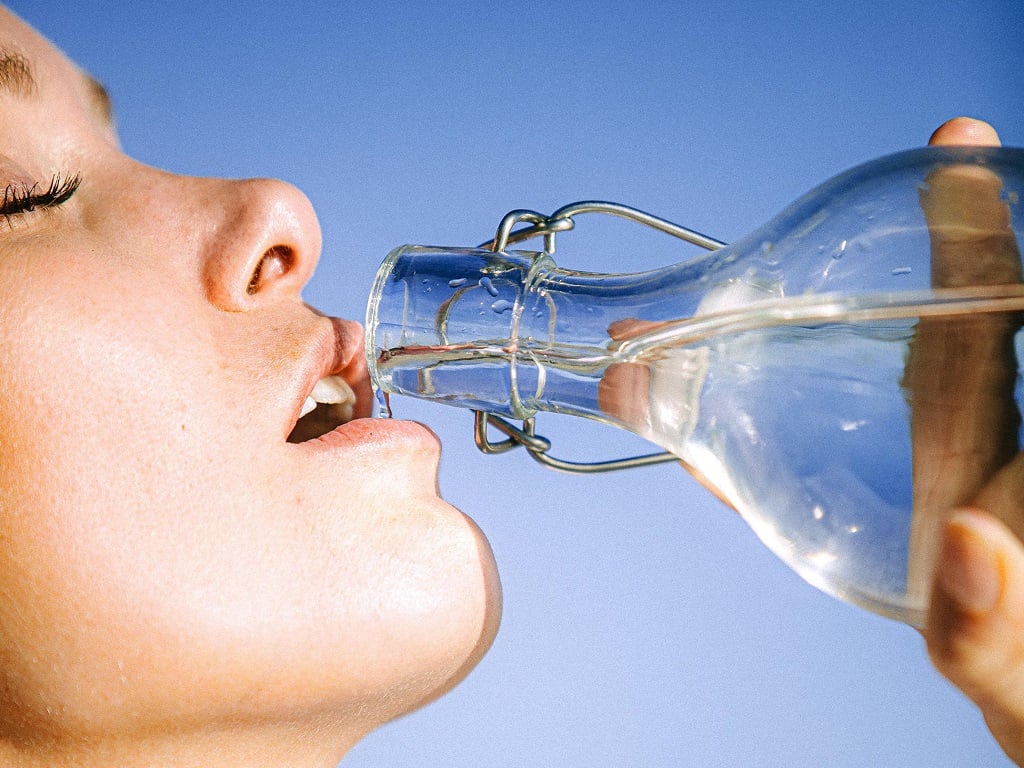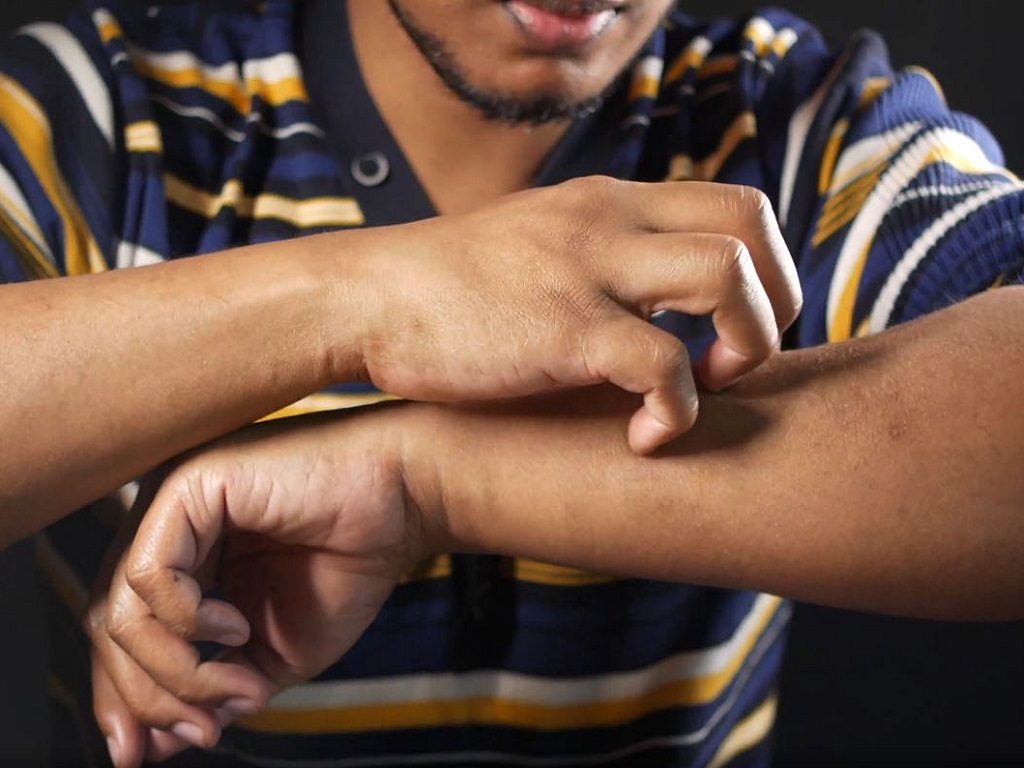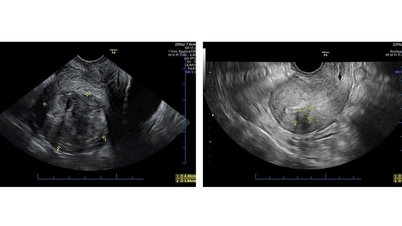'New research has looked at the impact of different forms of exercise on biological aging in people with type 2 diabetes'. Start your day with health news to see more of this article!
Start your day with health news , readers can also read more articles: Black thorn has many dangerous diseases, should not be ignored ; Warning signs that the body has dangerous excess water; 4 signs of instability warning that the intestines are having problems...
Unexpected rewards when diabetics exercise diligently
The study, recently published in Scientific Reports , looked at the impact of different forms of exercise on biological aging in people with type 2 diabetes.
Scientists from Juntendo University, Inzai, Japan, in collaboration with Beijing Sport University, Medical Research Center, Ordos Sports College, Ordos (China), examined the effects of different types of physical activity on biological aging in patients with type 2 diabetes.

Remarkably, the more exercise you do, the slower the aging process.
The study used data from the National Health and Nutrition Examination Survey conducted by the US Centers for Disease Control and Prevention (CDC) from 1999 to 2018.
The data included information from more than 4,000 adults. Depending on the duration and intensity of physical activity, participants were divided into four groups:
- No exercise
- Not enough exercise
- Only practice on weekends
- Exercise a lot
Results showed that regular exercise during leisure time slows down the biological aging process in diabetic patients.
Specifically, people who do not exercise regularly age very quickly, with results showing that their physiological age is higher than their actual age. Regular exercise has been found to effectively reduce biological aging.
Moreover, those who only exercised on weekends also gained benefits, but not significantly. Readers can read more about this article on the health page on November 7.
Warning signs that your body is dangerously dehydrated
Overhydration occurs when the body drinks too much water or due to a health condition that causes water retention. The result is an imbalance of electrolytes, essential minerals that help regulate heart rate, blood circulation...
The US National Academy of Medicine recommends that adults drink 2 to 3 liters of water per day. Depending on the ambient temperature, age, gender, physical activity level, and other factors, you may need to drink more or less water than this amount.

Experts recommend that an adult should drink 2-3 liters of water/day.
Although drinking water is necessary, drinking too much can lead to overhydration and even water intoxication. In addition to the amount of water, the speed at which you drink it is also an important factor in causing overhydration. Overhydration can lead to symptoms such as confusion, fatigue, headaches, and muscle cramps.
One of the early warning signs of overhydration is the color of urine. Light yellow urine is a sign that the body is drinking enough water, dark color is a sign of dehydration. However, if the urine is clear white, accompanied by more frequent urination than usual, it is a sign of overhydration. Normally, a healthy person will urinate 6-10 times/day.
If excess water causes adverse health symptoms, the patient should limit the amount of water consumed during the day, use diuretics, urinate frequently and seek medical intervention if necessary. Severe excess water will lead to water intoxication. The following content of this article will be available on the health page on November 7.
4 signs of instability warning of bowel problems
When beneficial bacteria in the gut decrease, harmful bacteria will thrive. Because intestinal health greatly affects physical health, the body will appear some symptoms such as fatigue, acne.
The gut is often referred to as the second brain because if it is not healthy, it will affect the entire body. Experts say poor gut health can manifest in a variety of health problems, beyond the usual digestive issues.

An unhealthy gut can cause skin problems like acne, irritation and itching.
Our digestive system starts from the mouth and ends at the anus. The main function of the digestive system is to receive food, digest, absorb nutrients and eliminate waste. Therefore, if the digestive system does not function properly, it will affect many other functions in the body.
Health problems that warn of poor gut health that people need to pay attention to include:
Skin problems. A growing body of scientific evidence has found a link between poor gut health and skin problems such as acne, psoriasis and eczema. These conditions can leave the skin sore, prone to infection and intensely itchy, even to the point of bleeding.
Because when the gut is not healthy, it will leak proteins in the gut into the blood. The body will see these proteins as foreign agents and the immune system will trigger an inflammatory response, leading to skin problems such as acne, irritation and itching. Start your day with health news to see more content of this article!
Source: https://thanhnien.vn/ngay-moi-voi-tin-tuc-suc-khoe-cach-tap-giup-benh-nhan-tieu-duong-giu-thanh-xuan-185241106224813374.htm



![[Photo] Binh Trieu 1 Bridge has been completed, raised by 1.1m, and will open to traffic at the end of November.](https://vphoto.vietnam.vn/thumb/1200x675/vietnam/resource/IMAGE/2025/10/2/a6549e2a3b5848a1ba76a1ded6141fae)


















![[Video] Ministry of Health issues document to rectify medical examination and treatment work](https://vphoto.vietnam.vn/thumb/402x226/vietnam/resource/IMAGE/2025/10/2/54913f30a9934e18bcbb246c2c85f11d)











































































Comment (0)